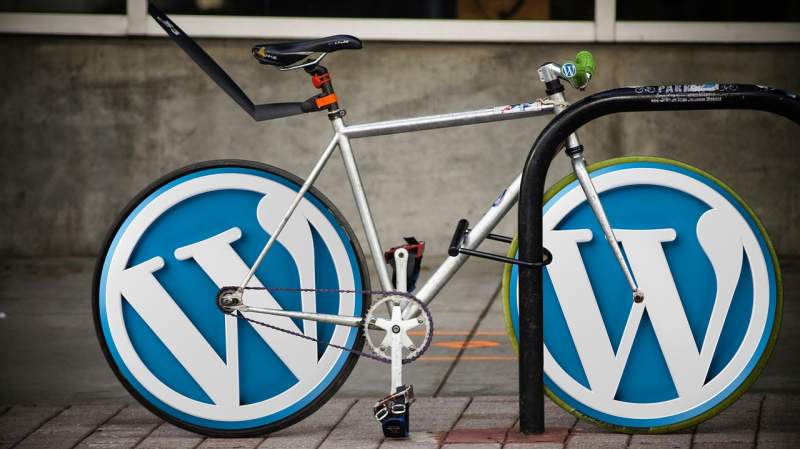If asked to choose between WordPress and Drupal CMS, it is your business needs that can indicate which would be good for you. Both WordPress and Drupal have plenty of positives, which is why these are the most widely used CMS today across the world. But you must consider which of the two can help to realize your vision by winning the hearts of the audience you target that gives you an edge in competition. Knowing your short-term and long-term goals is essential to find the right CMS. Both platforms are similar in that these are open-source and user-friendly besides being SEO friendly in varying degrees.
When seeking opinion about WordPress vs. Drupal, then most likely, you would face some confusion because of conflicting views. Since the objectives of people differ, it leads to diverse opinions, and the benchmark for judging the CMS keeps changing. For example, the answer that you get from a business owner who is not that tech-savvy and a web- developer will be strikingly different. But going by numbers, there should not be any doubt about the popularity of WordPress that enjoys a 30% share in powering websites against just 2% of Drupal. However, popularity may not be the right way to evaluate any CMS that is more need-based and specific to individual users.

The similarities
There are many similarities between WordPress and Drupal. Both CMS is open source, which means it is available to one and all, and you get it free. The options of developing the features are almost endless, and it is up to your creativity to make the CMS work in the best way for you. Being an open-source solution, both are 100% customizable, and you can integrate it with your business processes seamlessly.
Both CMS are well-known across the web development world, and millions of people keep contributing to the platforms to make it better. This has led to the development of huge communities of WordPress and Drupal developers and users, which are highly beneficial in gaining knowledge and resolving issues quickly. A huge pool of resources is easily accessible. In case you have any queries or face any difficulties, you have access to a community of users and developers who can help to find the best solutions.
Both WordPress and Drupal are user-friendly even though the extent of friendliness is a debatable issue as many users feel WordPress to be more user-friendly. But compared to some proprietary solutions, both WordPress and Drupal are more user-friendly.
Now let us look at the factors that differentiate the two CMS.
Price
There is no fixed price of any CMs because it depends on how you want the platform to perform. That makes it very difficult to project how much it would cost to launch a WordPress or Drupal website or redesign your existing website. The amount of customization and scalability will impact the price.
WordPress – You pay nothing for acquiring the platform, which is why people term it free. But there are other costs that you must bear to make the website take off from the ground. From domain registration to web hosting and from security to plugins as well as premium themes, you must pay as you move along to develop the website to serve your purposes in the best way. The amount of customization affects the total cost, but the startup cost will be lower than Drupal.
Unless you need some very complex features, WordPress is indeed affordable. Here you do not need a developer to set up the CMS that you can do by yourself with some basic computer knowledge. It is easy to learn WordPress and even easy to use.
Drupal – To set up a Drupal website and run it, you need to hire some technical experts, which increases the cost. It is an added cost to the other costs of hosting, domain registration, added security, etc. The initial prices are higher. But after you have created the shell of your website and incorporated the functionalities, you need not spend much on further customization and even when you scale up. Drupal sites can save money in the long run and suitable for those who need to keep changing and are continually evolving.
Customization and extensibility
WordPress offers more than double the number of free themes and free plugins (more than 5,000 free themes and more than 53,000 plugins) as compared to Drupal. The scope of customization with WordPress is also much higher. Moreover, users can do the customizations almost at all levels on their own. For Drupal, the dependence on third-party plugins are less because most of the functionalities are in-built. Also, for organizing a large amount of data and content, Drupal offers a much more efficient solution and flexibility. However, you need to spend on a developer to do Drupal customization.
Learning curve
Why most people consider WordPress more user-friendly is because it is very easy to learn WordPress and use. It is tough to familiarize with Drupal because of its complex technicalities that only technical experts can handle. You need no technical or programming knowledge to work on WordPress. Its intuitive nature helps to navigate the platform with ease, and you keep learning as you continue using the CMS. The help of the WordPress community is always at hand, which gives more faith to the CMS.
Even novice developers would find it difficult to set up a Drupal website, which is not that intuitive, and the content creation process is far from simple.
Security
Both WordPress and Drupal have ample security built into the platforms, but according to users who have gone through the process of customization and expansion, Drupal security is better than WordPress. The main concern for WordPress is that it suffers from security vulnerability when using third-party plugins, and more plugins increase the threat of malicious attacks and hacking. Since Drupal’s reliance on third-party plugins is much less, its security is less vulnerable.
In the end, only that CMS is right for you that helps to achieve your goals with assured security.
Check Also
Why a Benefits Administrative System is Essential
For any firm, navigating the complexities of employee benefits management may be quite difficult. But …
 Infographic Portal New Infographics Resource Portal
Infographic Portal New Infographics Resource Portal
